Kishore Vora Chief Financial Officer of De Beers Group Mumbai,...
Read MoreWhen AI Directs the Camera: Will Sora 2 Rewrite the Future of Filmmaking?
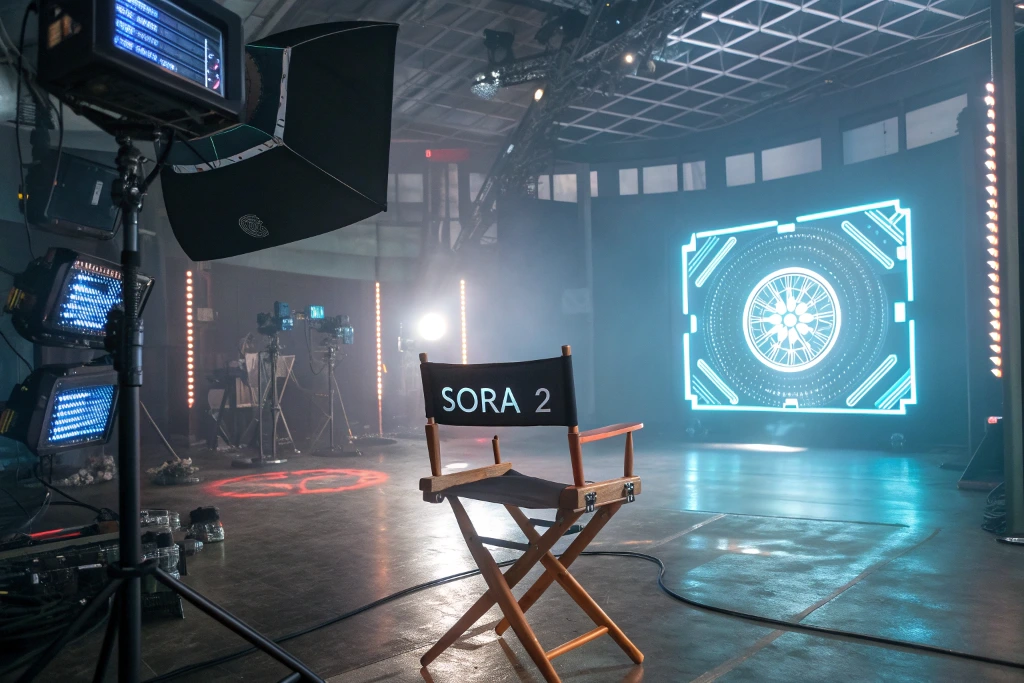
Artificial intelligence is no longer confined to the back office or data labs — it’s stepping boldly onto the stage of creativity. With OpenAI’s launch of Sora 2, a cutting-edge AI video model, the rules of filmmaking are being rewritten. From generating cinematic visuals to simulating full storyboards, Sora 2 challenges the way directors, producers, and studios think about the future of entertainment.
The Rise of AI in Cinematic Storytelling
Every major shift in cinema has been met with skepticism: the transition from silent to sound, the arrival of color, the dawn of CGI. Sora 2 represents the next leap. Unlike traditional tools, it doesn’t just enhance production — it creates it. With the ability to produce lifelike visuals, soundscapes, and camera perspectives, AI is no longer a passive assistant but a co-director in its own right.
For studios, this means more flexibility in pre-production, faster turnaround times, and lower costs. For independent filmmakers, it could unlock creative possibilities that were once financially impossible.
Disruption or Democratization?
The question isn’t whether AI will disrupt the industry — it already is. The real debate lies in whether this disruption will replace human creativity or democratize it.
-
Large studios could use Sora 2 to cut millions in VFX budgets, streamlining blockbuster production.
-
Indie creators may use AI to rival Hollywood aesthetics, leveling the playing field.
-
Audiences, however, may question authenticity: is a movie “real” if no camera was ever switched on?
The democratization argument is compelling — storytellers from anywhere can now craft cinematic universes without needing a $100 million budget.
Ethical Challenges: Who Owns the Story?
Beyond creative innovation, Sora 2 raises profound ethical dilemmas. Who owns the output of an AI film? The director? The studio? Or the AI developer?
Additionally, the technology could accelerate problems of deepfakes, blurred realities, and intellectual property theft. Actors’ likenesses may be replicated without consent, and iconic cinematic styles could be copied without credit. The industry will need clear frameworks to define rights, royalties, and responsibilities in this new era.
The Future of the Creative Workforce
As with any disruptive technology, fears of job displacement loom large. Traditional VFX artists, cinematographers, and even extras may find their roles evolving — or vanishing. But just as photography didn’t kill painting, AI may redefine rather than erase creative jobs.
Future roles may include AI film architects, prompt-based directors, or cinematic data curators — professions that blend artistic vision with technical mastery of machine learning systems.
Beyond Hollywood: Global Impact of AI Cinema
Perhaps the most overlooked opportunity is how Sora 2 could empower global voices. Filmmakers from regions with limited access to high-end technology can now compete on a global scale. Cultural stories that never reached mass audiences may finally find the stage they deserve.
The result? A cinema industry that is more diverse, more inclusive, and more reflective of global realities than ever before.
Final Cut: Cinema at the Crossroads
The launch of Sora 2 has reignited the age-old debate of art versus technology. Just as cameras, editing software, and CGI once reshaped film, AI now forces us to ask: is cinema defined by the tools or the vision behind them?
One thing is certain: Hollywood — and every filmmaker worldwide — must adapt to a future where the director may not only call “action,” but also train the algorithm.
Outlook Times
Explore the journeys of today’s most successful business leaders, uncovering the strategies, challenges, and triumphs that define their paths to success.
Trending
-
 Shaping Tomorrow: The Most Impactful Personalities of 2025
Shaping Tomorrow: The Most Impactful Personalities of 2025 -
 Dr. Harsha Thennarasu
Dr. Harsha Thennarasu -
 Vaibhav Sharma
Vaibhav Sharma -
 Ignacio Bonasa
Ignacio Bonasa -
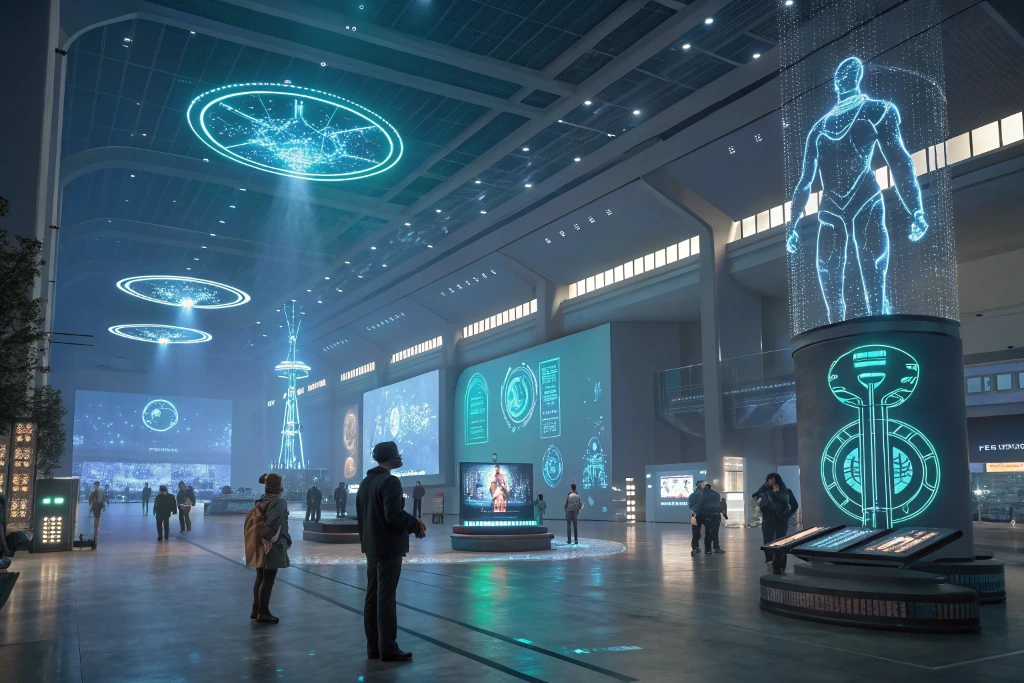 Beyond AI Hype: The Next Wave of Technologies Reshaping 2025
Beyond AI Hype: The Next Wave of Technologies Reshaping 2025 -
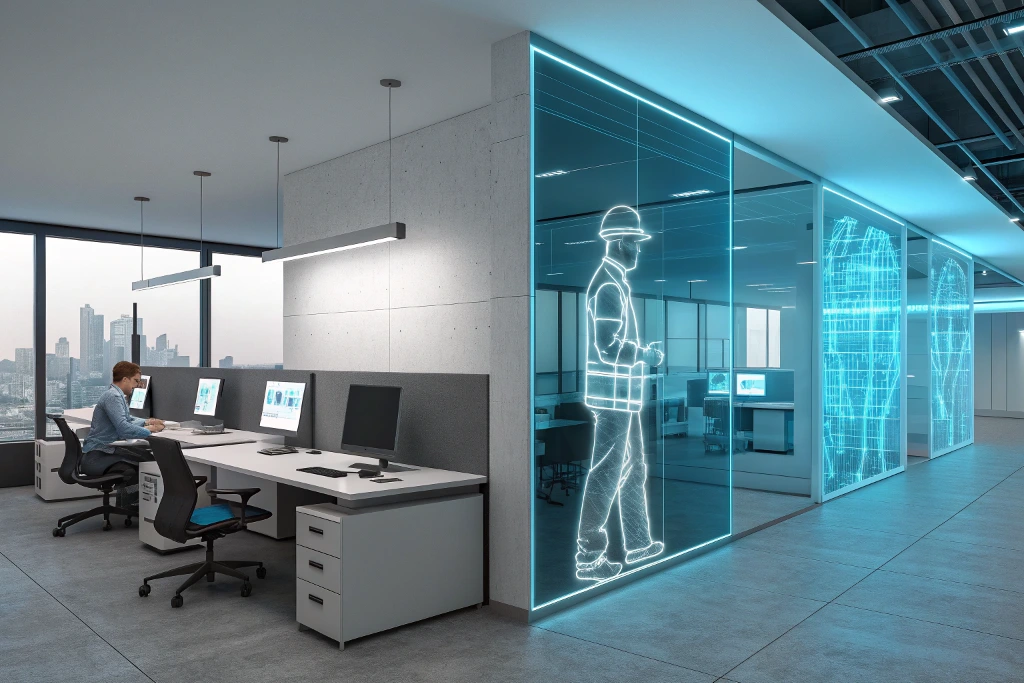 Are Hybrid Work Cultures Sustainable? The Truth Behind the 2025 Corporate Experiment
Are Hybrid Work Cultures Sustainable? The Truth Behind the 2025 Corporate Experiment -
 “When AI Directs the Camera: Will Sora 2 Rewrite the Future of Filmmaking?
“When AI Directs the Camera: Will Sora 2 Rewrite the Future of Filmmaking? -
 Top Trailblazing Leaders to Watch in 2025
Top Trailblazing Leaders to Watch in 2025 -
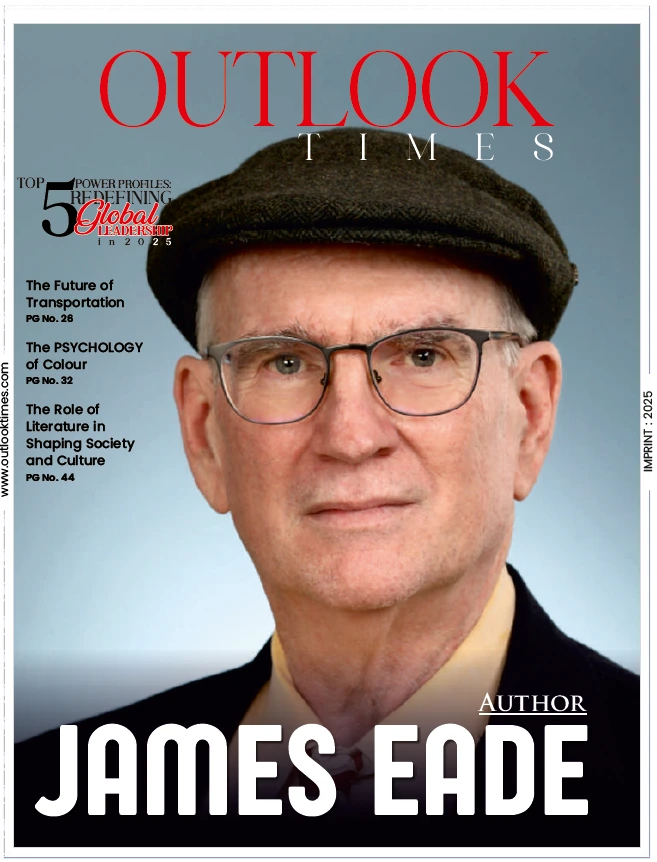 Top 5 Power Profiles: Redefining Global Leadership in 2025
Top 5 Power Profiles: Redefining Global Leadership in 2025 -
 Icons of Impact: Legendary Leaders Shaping Success in 2025
Icons of Impact: Legendary Leaders Shaping Success in 2025 -
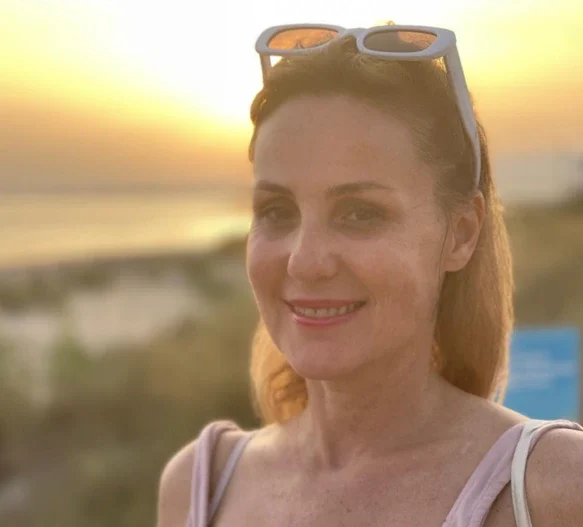 Ronit Pinto
Ronit Pinto -
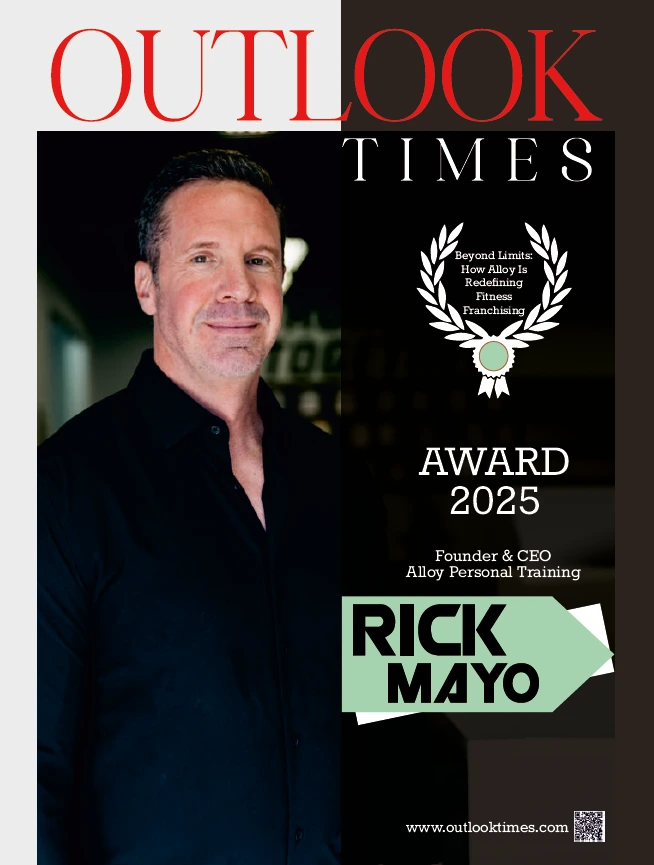 Beyond Limits: How Alloy Is Redefining Fitness Franchising
Beyond Limits: How Alloy Is Redefining Fitness Franchising -
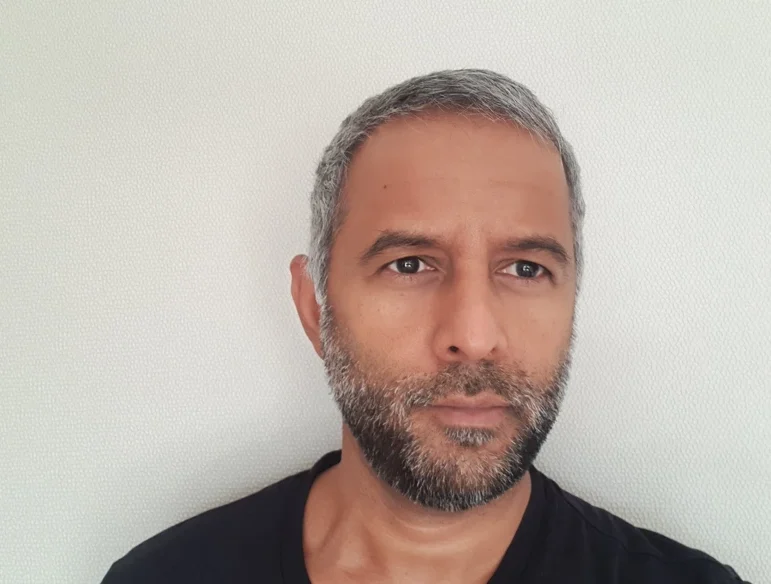 Firdaus Nagree
Firdaus Nagree -
 The Most Promising Tech Innovation of the Future
The Most Promising Tech Innovation of the Future -
 AI Excellence in Business Process Management
AI Excellence in Business Process Management -
 Iconic Voice in Soulful Leadership & Cultural Impact – 2025
Iconic Voice in Soulful Leadership & Cultural Impact – 2025 -
 Visionary Leaders: The Most Trailblazing Personalities Shaping 2025
Visionary Leaders: The Most Trailblazing Personalities Shaping 2025 -
 The Power Players: Most Dynamic and Impactful Personalities to Follow in 2025
The Power Players: Most Dynamic and Impactful Personalities to Follow in 2025 -
 The Unshakable Pillar of Modern Healthcare, 2025
The Unshakable Pillar of Modern Healthcare, 2025 -
 Dr. Aidan Mouat
Dr. Aidan Mouat
Related articles
Vaibhav Sharma
Vaibhav SharmaManaging Director at Konception Designs Vaibhav Sharma: Pioneering Sustainable...
Read More